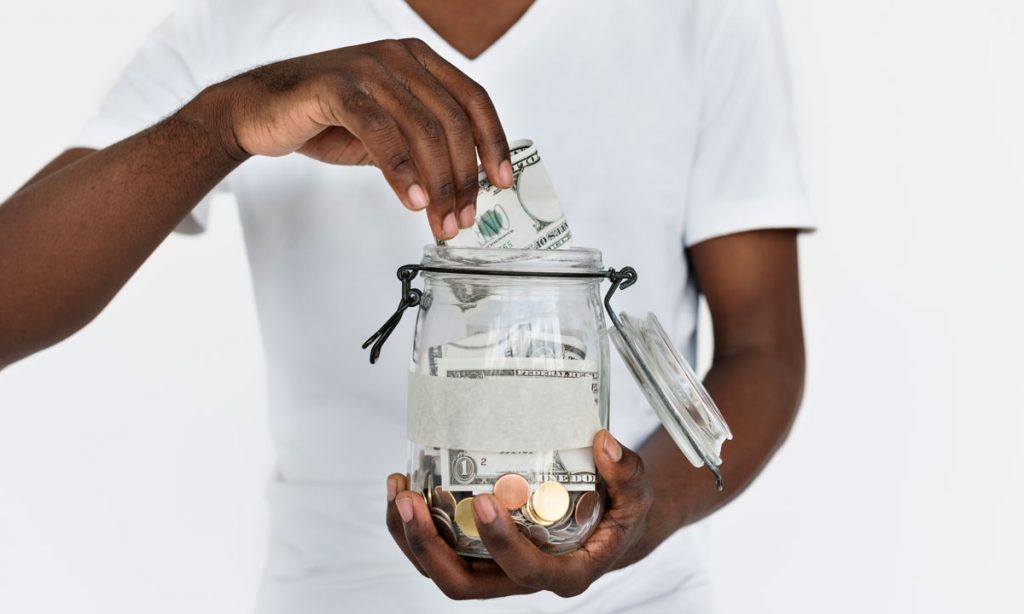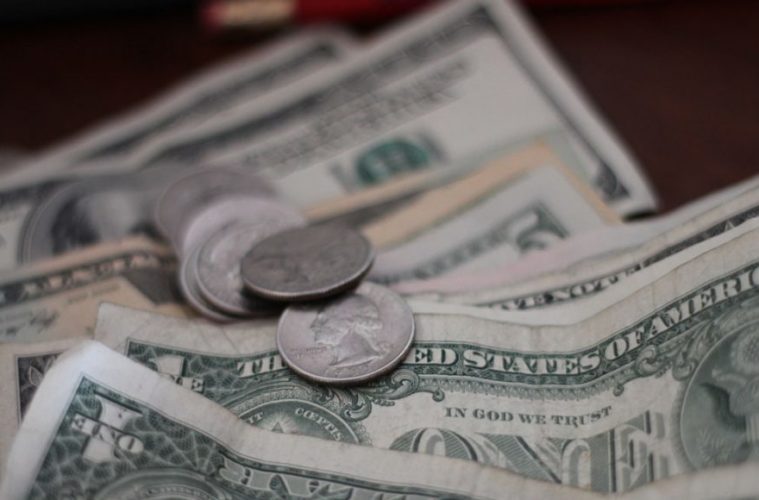In partnership with The Fresh Toast
A study by University fo Michigan researchers found that cannabis users produce less dopamine at times when the chemical should be running rampant in the brain.
Although the cannabis industry is one of the largest growing businesses sectors in the United States, some of the science published over the years finds that cannabis users are not exactly pillars of capitalism.
Apparently, people who smoke marijuana do not care as much about money as their sober counterparts, according to Live Science.
A few years ago, researchers at the University of Michigan asked people to participate in a game where they could win a sum of money. While most people’s brains naturally fire up whenever the prospect of winning cash is on the table — producing the feel-good chemical dopamine—this was not the reaction of people who used marijuana. Lead study author Mary Heitzeg suggests that for marijuana users “there is not as much pleasure that is being received from something that would naturally give somebody pleasure.”
Now, to some, the idea of putting less of an emphasis on the almighty dollar might not sound like a bad idea. But researchers believe the results could be an indication that regular cannabis use is changing the pleasure output of our brains, which could make some people more susceptible to dependency issues.
RELATED: Marijuana Is Replacing Alcohol During The Pandemic And May Have Long Term Benefits
A 2016 study, published in the journal JAMA Psychiatry, examined more than 100 people in their early 20s over the course of four years. Results showed that cannabis users produce less dopamine at times when the chemical should be running rampant in the brain. People who have never used marijuana experienced a completely different reaction. If there is the potential for reward, their dopamine production will be off the charts.

Researchers believe the results show how marijuana dulls the brain and opens users up to addiction.
“Some people may believe that marijuana is not addictive or that it’s ‘better’ than other drugs that can cause dependence,” Heitzeg said. “But the new study shows that marijuana’s effects on the brain may make it more difficult for people to stop using the substance. “It changes your brain in a way that may change your behavior, and where you get your sense of reward from,” Heitzeg added.
RELATED: These States Enter The Billion Dollar Cannabis Club For 2020
Without discounting the study, it is important to point out that people who enter the realm of cannabis dependency are not walking the dark, all-damning ledge that is often associated with other drug addictions. Unlike opioids, cannabis does not cause permanent changes in the brain and dependency issues are rare. In fact, some of the latest government studies find that marijuana is really only problematic for roughly 9% of those who use it regularly — about the same as caffeine.
What’s more is researchers admit that the brain changes they witnessed may not even be related to cannabis.
Advertising disclosure: We may receive compensation for some of the links in our stories. Thank you for supporting LA Weekly and our advertisers.

